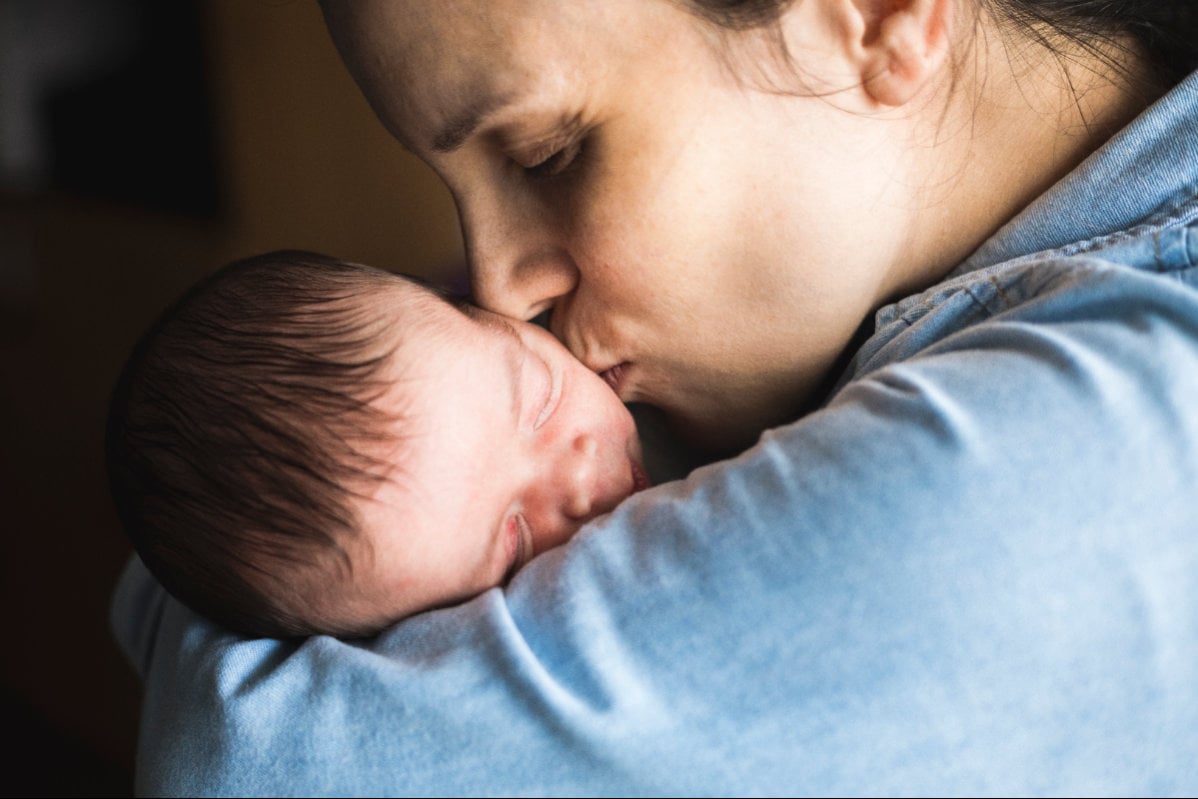
This post deals with abuse and might be triggering for some readers.
My mother should never have been a mother. She would regularly say “I’m sick of being a mum” and threaten to not be here when we got home from school.
What was most disturbing was her blasé tone. So one day I asked her why she had children. I expected her to reply because she had always wanted to be a mother. I needed her to say that. But like many things I needed from her, I never got them.
“Because it would be something that would always love me.”
Listen to Mamamia Out Loud, Mamamia’s podcast with what women are talking about this week. Post continues below.
“It”.
We were “its”.
She had us for purely selfish reasons and didn’t see us as individuals. Deep down, I always knew this. But naively I still had a flicker of hope that she had us for the right reasons.
My mother struggled with chronic feelings of emptiness and an inability to regulate her emotions. Her life had been chaotic, and she spent most of her childhood feeling unloved.
Her own mother favoured her older brother and made no secret of this. Her father began to withhold affection once she started her period, his reason being she was “no longer a little girl.”
She decided to have children to fill the void left by her parents. It’s no wonder she became resentful of life as a mother. It didn’t live up to her expectations. It didn’t magically heal her childhood wounds. If anything, the thankless role of motherhood created more psychological problems.

